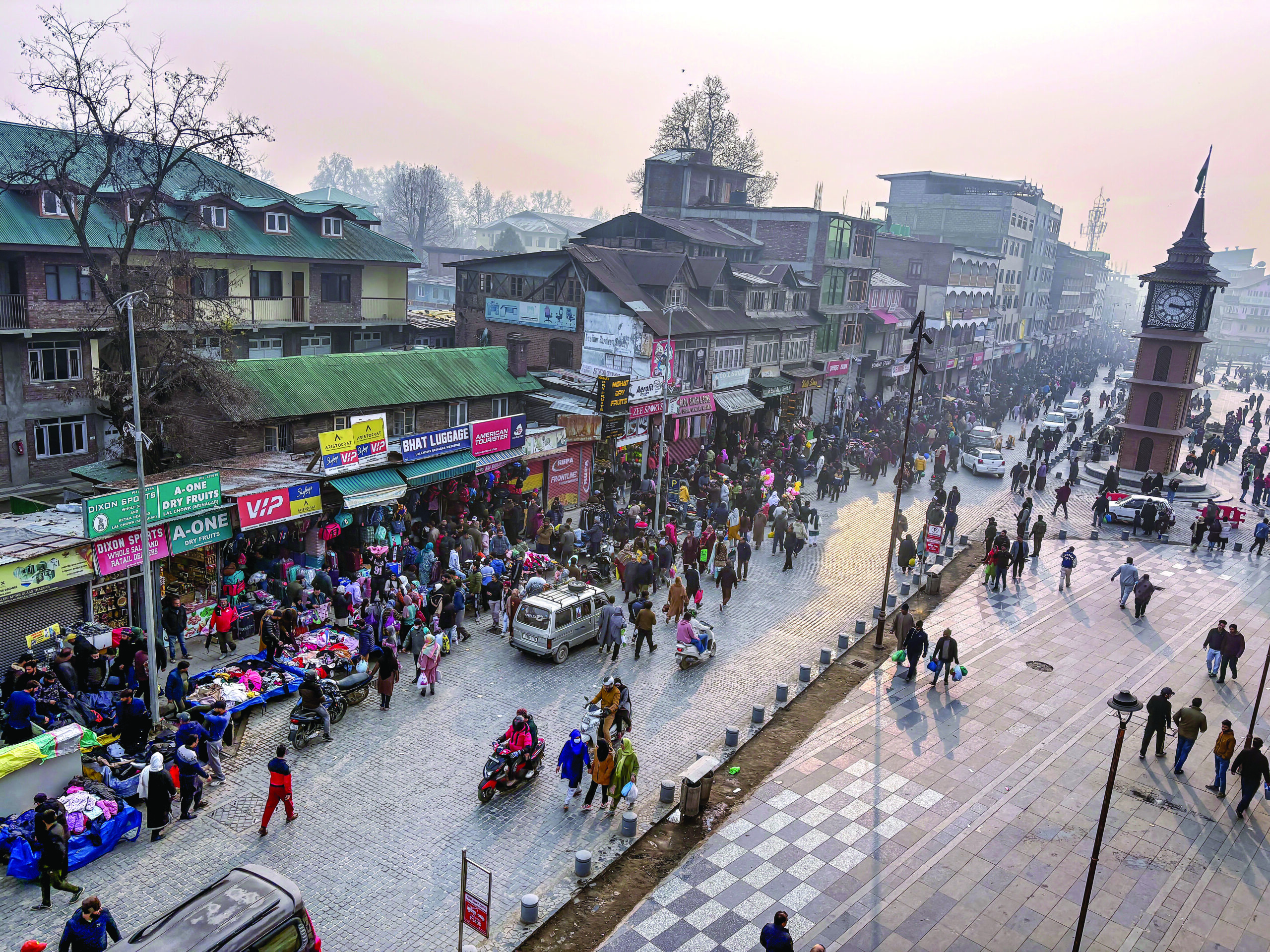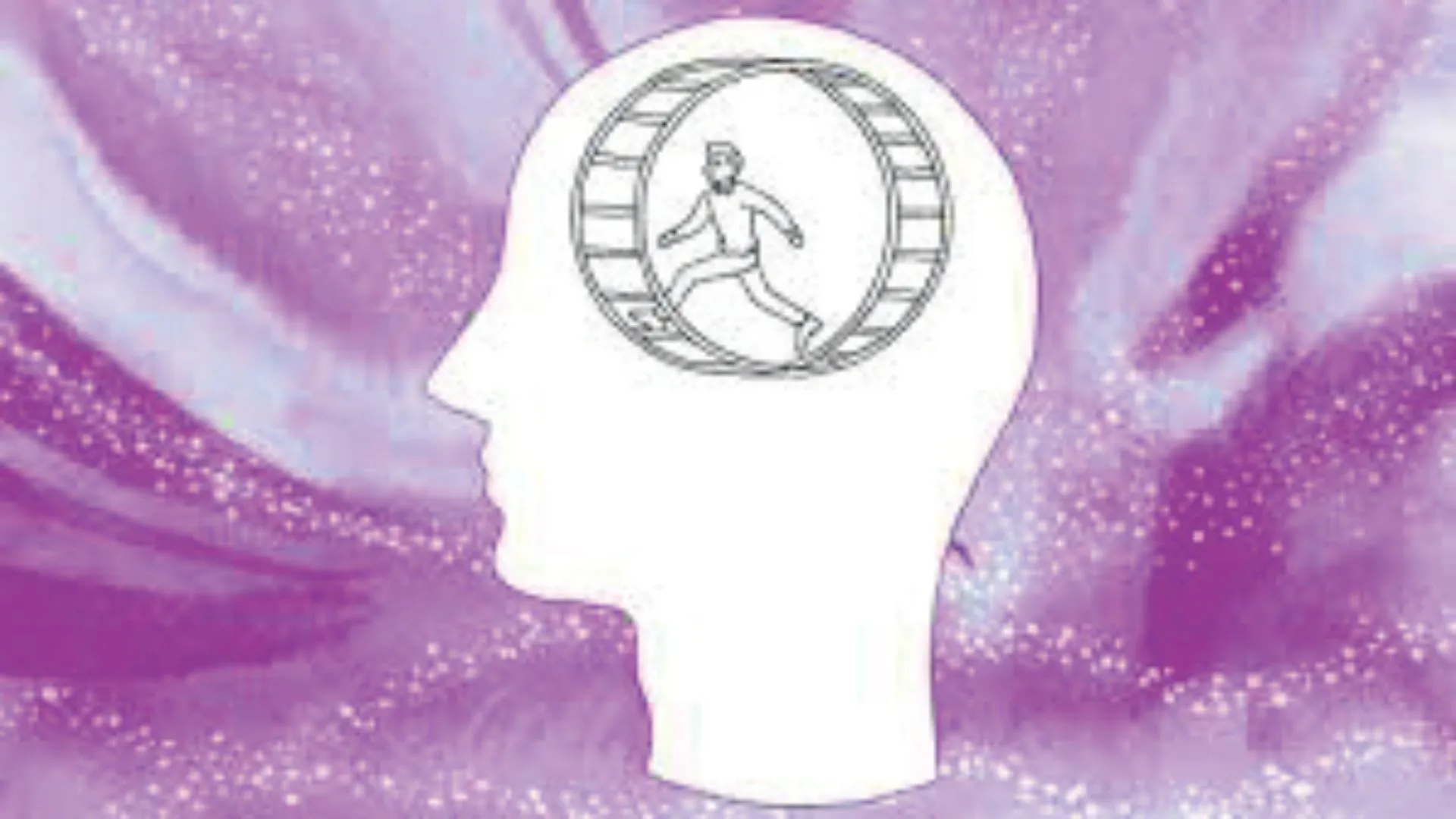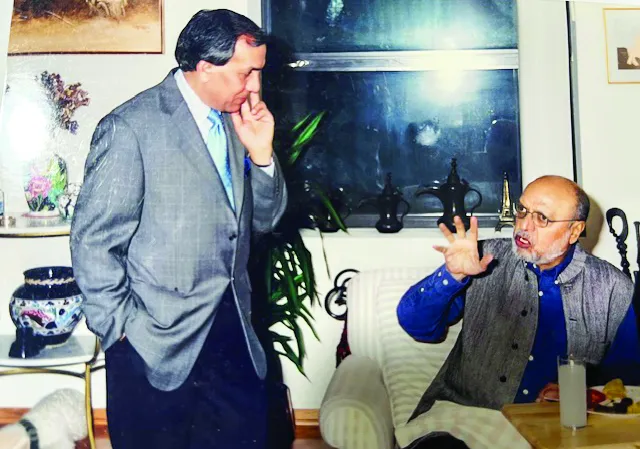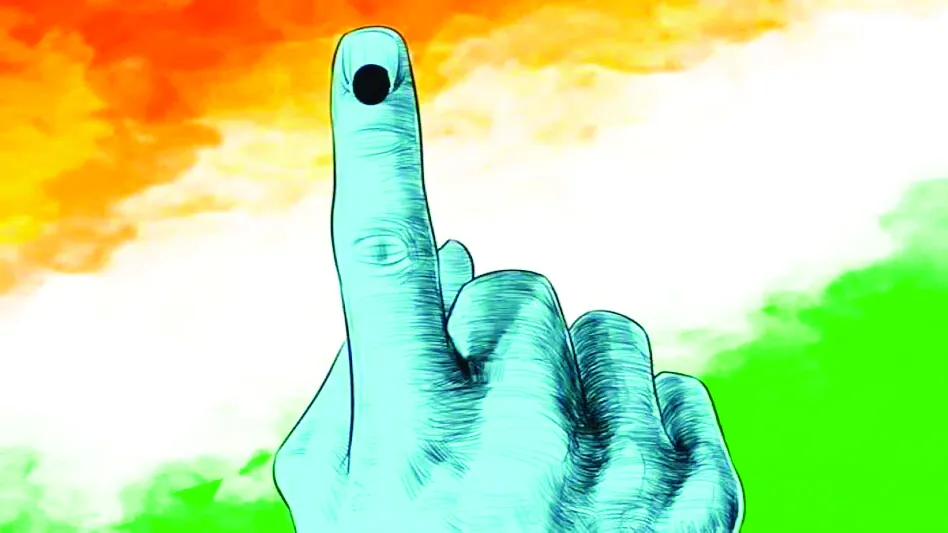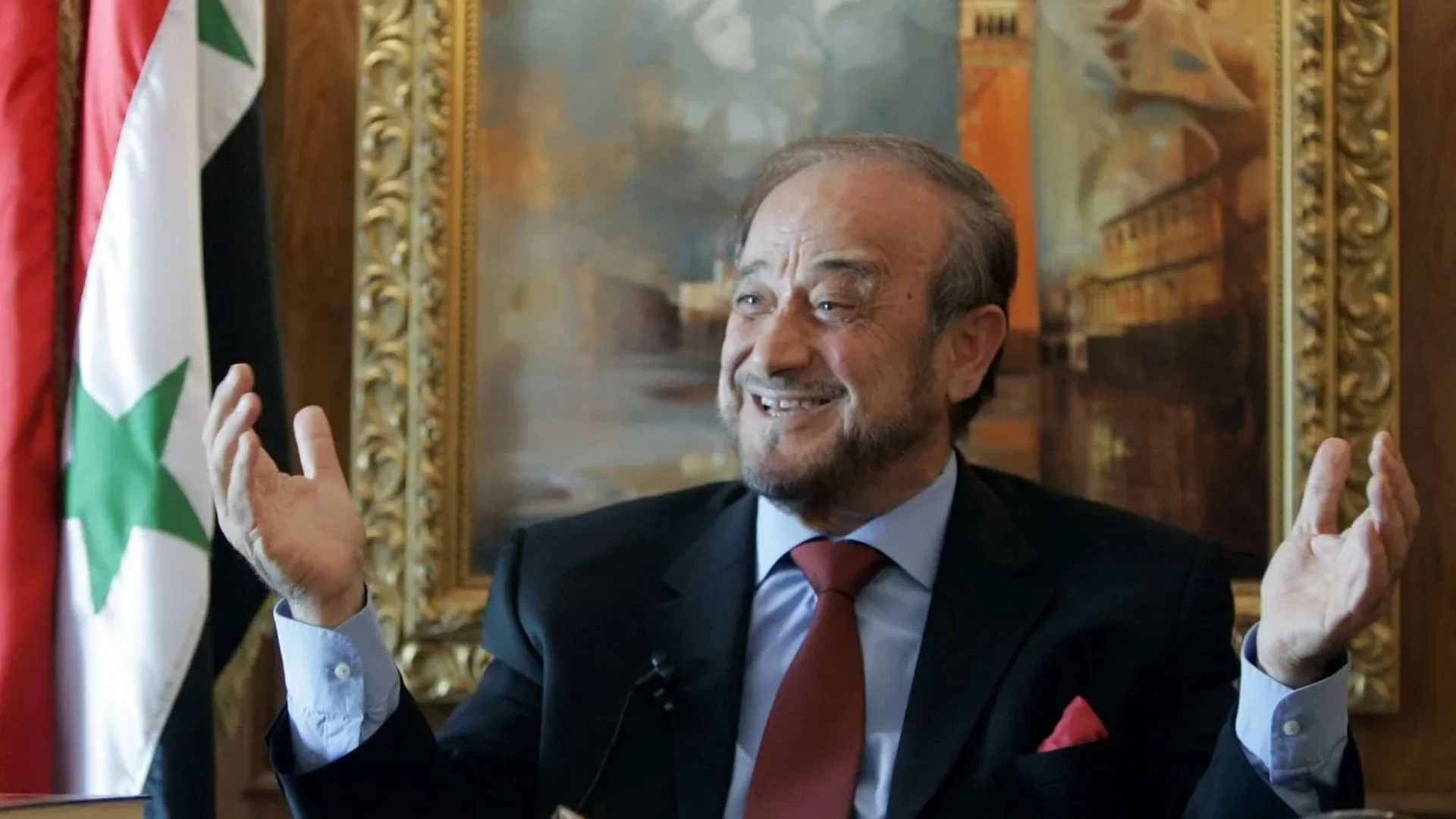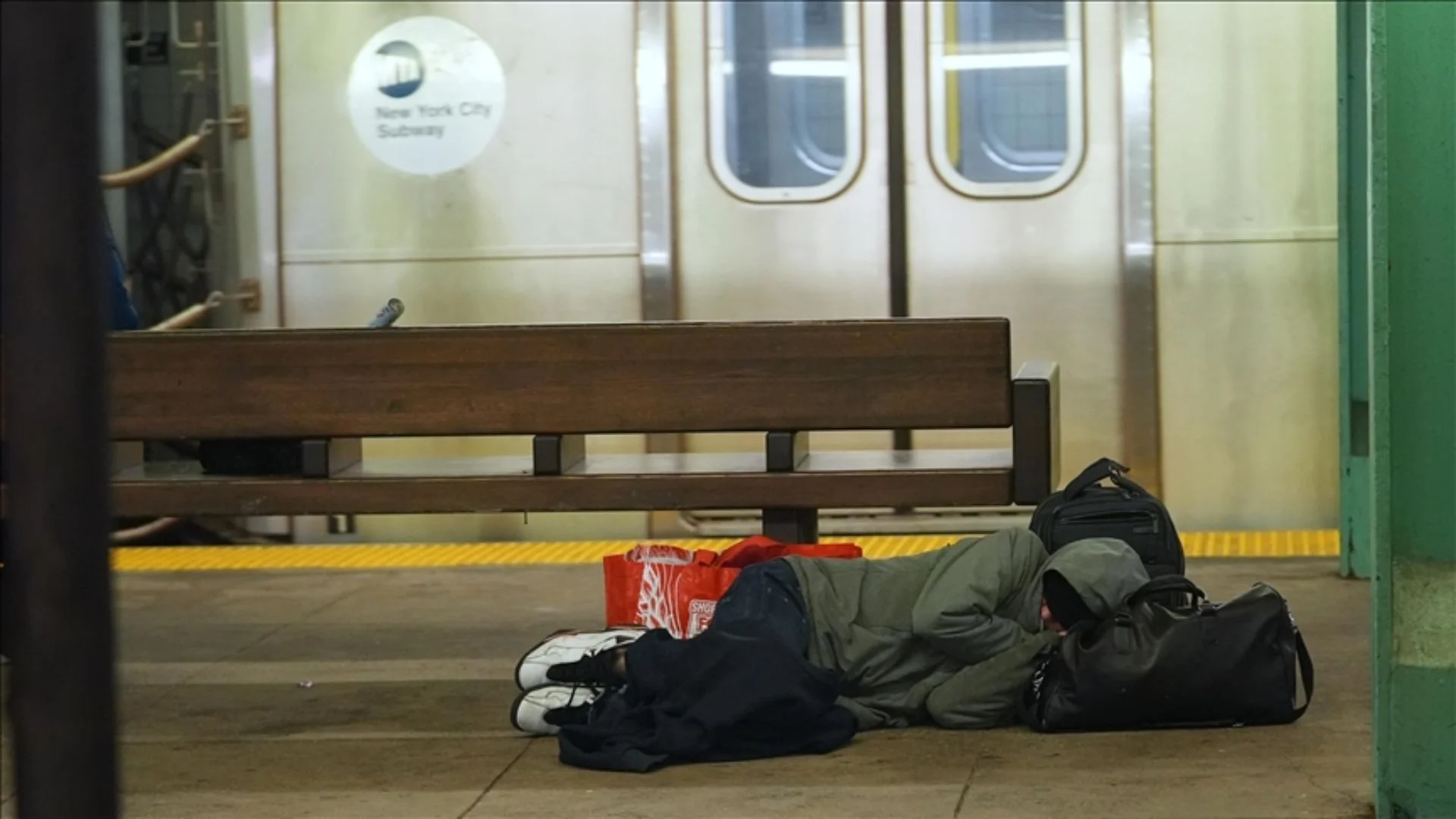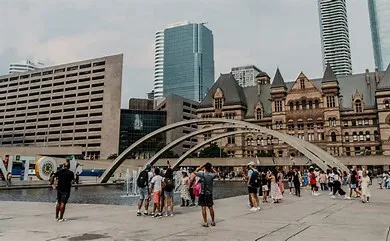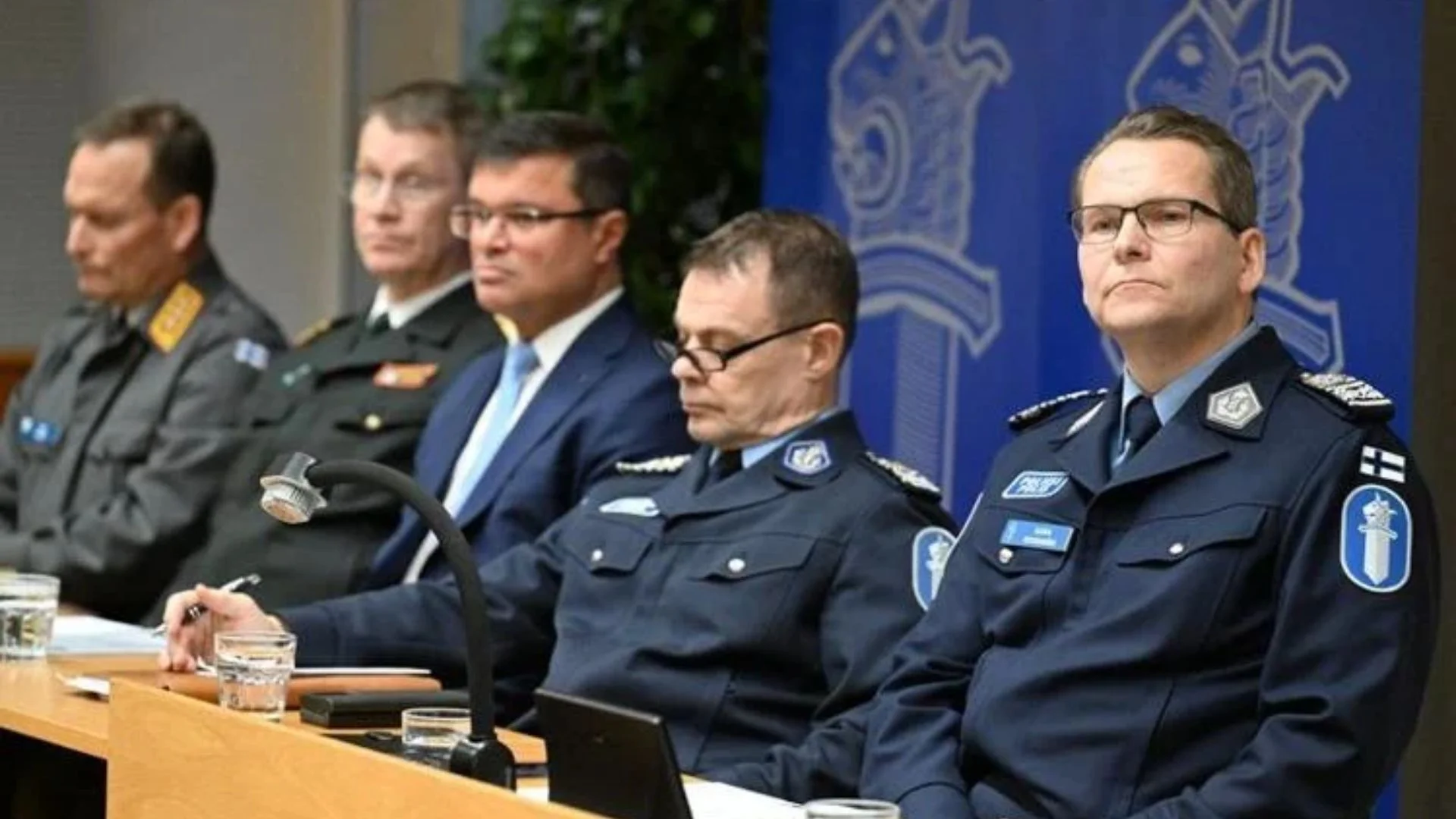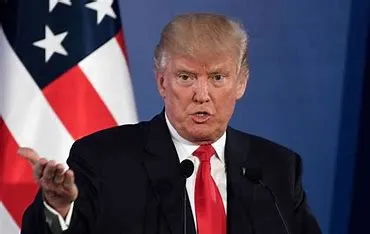ON AUGUST 5, 2019 the Union Home Minister Amit Shah announced in Parliament about the abrogation of the Article 370, the temporary provision within the Indian Constitution that had given a special status to Jammu and Kashmir.
The abrogation brought about no domestic rebellion, no home-grown intifada on the streets of Kashmir. Protests, militancy, or terrorism was not prevented by even the harshest security clampdown of the 1990s. The relative tranquility in the valley is reflected in the huge surge in domestic tourists: from the super-luxury Khyber of Gulmarg to the cosier Dove Cottage of Srinagar, all accommodation is booked for the spring and the summer.
The security scenario has drastically improved. While 124 civilians were killed at the hands of the police and security forces during protests and stone-pelting incidents from 5.08.2016 to 5.08.2019, not a single such incident was reported in almost 5 years. Another outcome of the abrogation of article 370 is a considerable decline in both recruitment and annihilation of terrorists in 2023 compared to previous years. While 35 terrorists were slain in various operations by the security forces from January 1 to August 5 in 2023, the number was over 120 in the same period last year. In 2022, 186 terrorists including 56 foreigners were annihilated. The much dreaded Lal chowk, once the hot-bed of anti-India activities, teems with activities of tourists and locals even after 11 pm. It always wore a deserted look. Hindu religious processions have taken place regularly at Laal chowk since Aug, 2019. Cinema halls have reopened for the first time since 1989. Hurriyat and other secessionist groups have been banned under UAPA.
Dubai-based Emaar has become the first overseas company to invest in a mega-mall spread over 10 lakh square feet in Srinagar. It is a project of Rs 250 crore.
The improvement in security situation can be gauged from the fact that on August 3, 2023, hundreds of students, academicians, journalists, and people from different walks of life spoke about peace and nation building at a grand event held at a govt. degree college, Shopian. “ South Asian centre for Peace and People’s Empowerment’’ organized the event in collaboration with the college at Shopian, once the bastion for terrorists. The restoration of the administrative control is one of the best things that happened to Kashmir after the annulment of the article 370 . Investment of projects worth nearly Rs 25k crores are under execution in the UT while proposals to the tune of over Rs 80k crore are under process. Since independence only Rs 14k crore was invested by private parties in J and K. However, the UT has received investment proposals worth Rs 81, 122 crore from 2021 to 2023 after the abolition of the Article 370 and introduction of a new industrial development scheme. For establishing key units across both divisions of J & K, nearly 2250 acres of land have already been earmarked. The UT teemed with 1.88 crore tourists in 2023, up from 77 lakh in 2008. The administration predicts the tourists’ foot-fall to breach the 2 crore mark this year. Strike calls imposed by separatists in Kashmir find no takers anymore as the common man has started to reap the dividends of peace. Foreign delegates arrived at Sher-i-Kashmir international Conference Centre during G20 meetings. The three-day Tourism Working Group Meeting of G20 delegates in Srinagar on May 22, 2023, commenced with the side event on “Film Tourism for Economic and cultural preservation”. It was unanimously concurred by the participants that J-K was the ideal region to shoot films.
All India Women’s Cricket Championship was inaugurated in a Sports stadium at Doda. The ST community has been granted political reservation in Jammu and Kashmir. ST representatives have been elected in the DDC- District Development Council and BDC elections. Thousands of Dalits were granted their rights and domicile. More than 60 thousand west Pak refugees are granted their rights and domicile. ST status is granted to communities like Pahari, Padari and Gadda Brahmin. OBC community has been identified in J& K for the first time. The OBC is given their constitutional rights. People from the POJK displaced community whom the J& K govt. was denying domiciles were granted 25 thousand domiciles. In J&K, if a woman married outside the state, all her rights were forfeited. But women have got freedom in the truest sense. The District Development Council, Block Development Council and Gram Sabha democracy came at every level. All the provisions of the constitution have been implemented in J& K, including 890 provisions related to public welfare have been implemented. The Article 35A has been abolished.
Finally, it is time for the discourse to move “from being special” to the new narrative of “being equal”. Most residents and leaders of the state acknowledge that as an equal member of the Indian federal polity, they are entitled to enjoy greater freedom and rights than they did as a special state. Ipso facto, Tamil Nadu, Odisha or West Bengal is able to preserve its cultural identity, political space, and economic well-being much better than J&K was able to do as a special state of the Union.
Dr. Ravi Prakash Tiwari is the author of Pun Is Fun.

